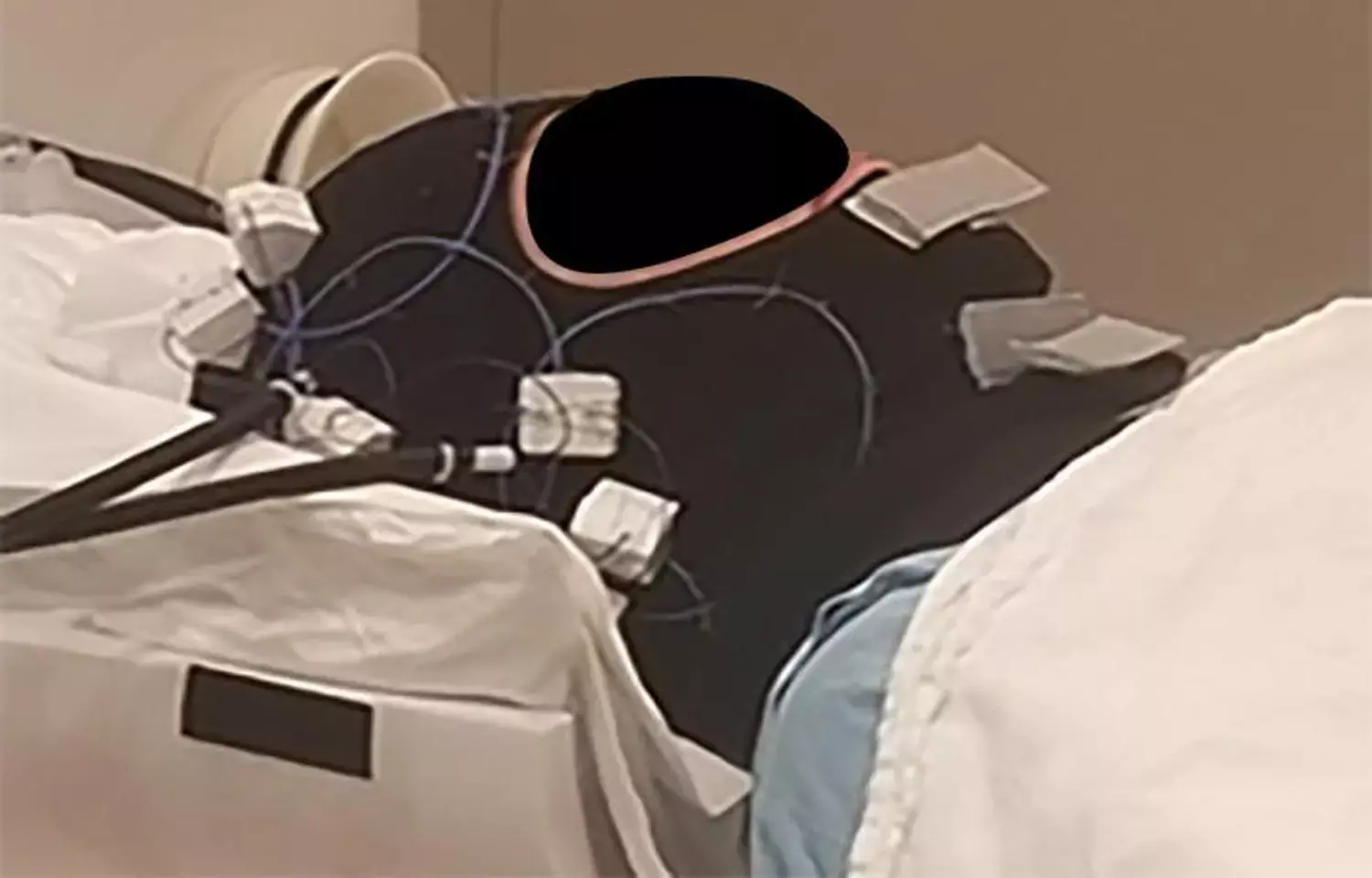- Home
- Medical news & Guidelines
- Anesthesiology
- Cardiology and CTVS
- Critical Care
- Dentistry
- Dermatology
- Diabetes and Endocrinology
- ENT
- Gastroenterology
- Medicine
- Nephrology
- Neurology
- Obstretics-Gynaecology
- Oncology
- Ophthalmology
- Orthopaedics
- Pediatrics-Neonatology
- Psychiatry
- Pulmonology
- Radiology
- Surgery
- Urology
- Laboratory Medicine
- Diet
- Nursing
- Paramedical
- Physiotherapy
- Health news
- Fact Check
- Bone Health Fact Check
- Brain Health Fact Check
- Cancer Related Fact Check
- Child Care Fact Check
- Dental and oral health fact check
- Diabetes and metabolic health fact check
- Diet and Nutrition Fact Check
- Eye and ENT Care Fact Check
- Fitness fact check
- Gut health fact check
- Heart health fact check
- Kidney health fact check
- Medical education fact check
- Men's health fact check
- Respiratory fact check
- Skin and hair care fact check
- Vaccine and Immunization fact check
- Women's health fact check
- AYUSH
- State News
- Andaman and Nicobar Islands
- Andhra Pradesh
- Arunachal Pradesh
- Assam
- Bihar
- Chandigarh
- Chattisgarh
- Dadra and Nagar Haveli
- Daman and Diu
- Delhi
- Goa
- Gujarat
- Haryana
- Himachal Pradesh
- Jammu & Kashmir
- Jharkhand
- Karnataka
- Kerala
- Ladakh
- Lakshadweep
- Madhya Pradesh
- Maharashtra
- Manipur
- Meghalaya
- Mizoram
- Nagaland
- Odisha
- Puducherry
- Punjab
- Rajasthan
- Sikkim
- Tamil Nadu
- Telangana
- Tripura
- Uttar Pradesh
- Uttrakhand
- West Bengal
- Medical Education
- Industry
Novel AIR coil technology shows promise for whole-brain imaging

Leesburg, VA, - According to an article in ARRS' American Journal of Roentgenology (AJR), a prototype 16-channel head Adaptive Image Receive (AIR) radiofrequency coil from GE Healthcare outperformed a conventional 8-channel head coil for in vivo whole-brain imaging, though it did not perform as well as a conventional 32-channel head coil.
"This study shows the feasibility of the novel AIR coil technology for imaging the brain and provides insight for future coil design improvements," concluded first author Petrice M. Cogswell of the Mayo Clinic in Rochester, Minnesota.
Lightweight and flexible with an open, ski-mask design, the emergent AIR coil technology exhibits electrical characteristics that overcome several of the limitations of traditional rigid coil designs.
Imaging a phantom and 15 healthy adult participants, Cogswell and colleagues used clinically available MRI sequences to compare their 16-channel head AIR coil with conventional 8- and 32-channel head coils. During consensus review, two board-certified neuroradiologists graded the AIR coil against the 8-channel coil and the 32-channel coil on a 5-point ordinal scale in multiple categories.
On average, the signal-to-noise ratio, structural sharpness, and overall image quality scores of the 16-channel AIR coil prototype were better than those of the 8-channel coil but not as good as those of the 32-channel coil.
Noise covariance matrices showed stable performance of the AIR coil across participants. Overall, the median g-factors for the 16-channel AIR coil were less than those of the 8-channel coil but greater than those of the 32-channel coil.
"The advantages of the AIR coil technology for reduction of claustrophobia, improved airway access and monitoring of patients under anesthesia, and overall better user comfort may be investigated in future studies," the authors of this AJR article added.
Hina Zahid Joined Medical Dialogue in 2017 with a passion to work as a Reporter. She coordinates with various national and international journals and association and covers all the stories related to Medical guidelines, Medical Journals, rare medical surgeries as well as all the updates in the medical field. Email: editorial@medicaldialogues.in. Contact no. 011-43720751
Dr Kamal Kant Kohli-MBBS, DTCD- a chest specialist with more than 30 years of practice and a flair for writing clinical articles, Dr Kamal Kant Kohli joined Medical Dialogues as a Chief Editor of Medical News. Besides writing articles, as an editor, he proofreads and verifies all the medical content published on Medical Dialogues including those coming from journals, studies,medical conferences,guidelines etc. Email: drkohli@medicaldialogues.in. Contact no. 011-43720751


